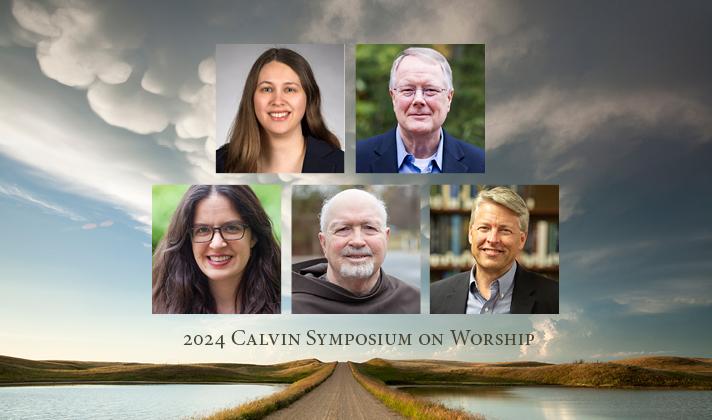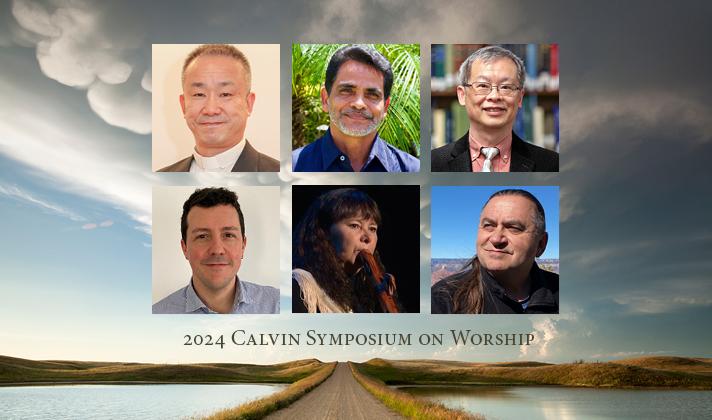Psalm 1
This psalm piece is an adapted prayer using Psalm 1 to express our desire to be like a tree planted by the streams of water versus the chaff to be blown away. Since whether we are staying in God’s Word is of critical importance for our survival, the chorus part highlights this life and death matter – to stay in God’s Word and have our lives renewed. The coda helps us to pray earnestly that we will be standing firm until the last day and have our praise from God. This song has been interpreted by sand art to add another layer of meaning to it. Through the 3 sand art drawings, the vivid images in Psalm 1 are presented before the eyes of the viewers. The first drawing shows the easily blown away chaff – indeed the sand has been blown away visually. The second drawing displays the imagery of meditating God’s Word day and night with prayers. The third drawing illustrates the ideal life as portrayed in Psalm 1 and by adding Jesus and the kid, it further portrays the ideal relationship with God through the meditation of God’s Word day and night. Psalm 1 as our prayer is significant for us in this particular time as we face unprecedented crises and challenges – we need to make the wise choice to follow God’s Word and stand firm in God’s Word more than ever.
English Translation:
I desire to be like a tree planted by streams of water,
which yield its fruit in its season, and its leaves do not wither.
I desire to be watchful today following God’s way with all my heart.
I do not want to be like the wicked
who are like chaff that the wind drives away
We will be blessed if we stay in the Word of God,
and meditate it day and night.
If we stay in the Word of God, our hearts will be renewed
and our eyes will turn to the vision of the Kingdom
while keeping ourselves far from evil.
On the day of judgment, we can stand firm
and have our praise from God.
This short contemporary song is to be sung in Cantonese*. Since this song has its theme on the Word of God and is in a form of prayer, it is suitable to be sung after the assurance of pardon or after the sermon, or after the sermon if it fits for the response. It is also suitable to be sung in worship services focusing on the dedication to the Word of God or Bible Reading.
*Cantonese is a tonal language
Contact: Yvette Lau, www.anabasministry.org






